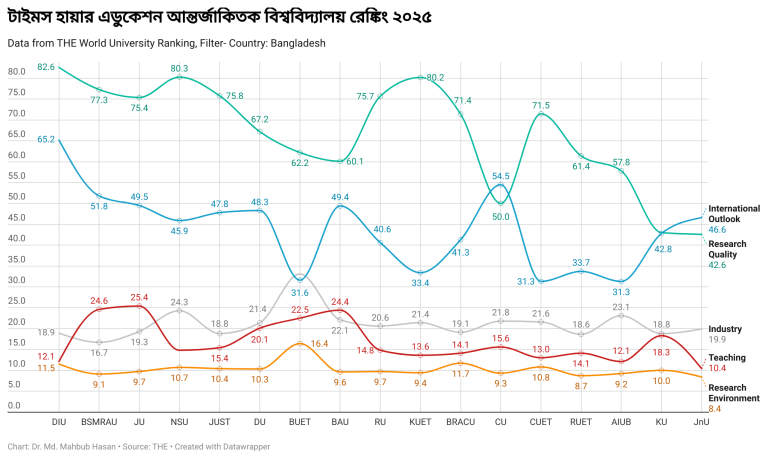Emotional intelligence (EI or EQ) is the ability to recognize, understand, and manage emotions in oneself and others.
In a competitive academic world, Emotional Intelligence (EI) plays a vital role in shaping success—not just in studies but in relationships, leadership, and personal growth. According to Daniel Goleman, the 4 Domains of EI—Self-Awareness, Self-Management, Social Awareness, and Relationship Management—encompass 12 essential competencies. Mastering these can help students stay motivated, build better relationships, and handle academic challenges effectively.
1. Self-Awareness (Understanding Yourself)
This domain helps students recognize their emotions and their impact on thoughts and actions.
- Emotional Self-Awareness:
Example: Suppose you’re preparing for an exam and feel overwhelmed by anxiety. Instead of ignoring the feeling, you pause and recognize that fear of failure is driving your stress. Acknowledging this helps you take steps to manage it—like creating a study plan or practicing mindfulness.

2. Self-Management (Regulating Emotions & Actions)
Once you understand your emotions, the next step is to manage them effectively.
- Emotional Balance:
Example: If you get a poor grade on a test, instead of reacting impulsively (blaming the teacher or feeling like a failure), you take a deep breath, reflect on mistakes, and create a strategy for improvement. - Positive Outlook:
Example: When facing a challenging project, instead of thinking, “This is too hard,” shift your mindset to “I can learn from this experience and improve.” Maintaining optimism helps you stay motivated. - Adaptability:
Example: Imagine your group project suddenly changes direction. Instead of resisting the change, you quickly adjust and look for new ways to contribute. Adaptability is a key skill in academic and professional life. - Achievement Orientation:
Example: A student who consistently sets small, achievable goals (like finishing a chapter daily) is more likely to succeed than one who only crams before exams. Setting and tracking goals improves academic performance.
3. Social Awareness (Understanding Others)
Being aware of others’ emotions and social dynamics helps students build meaningful relationships.
- Empathy:
Example: A friend is feeling down after failing a quiz. Instead of just saying, “It’s okay,” you listen actively, validate their feelings, and offer support. This makes them feel heard and valued. - Organizational Awareness:
Example: If you’re part of a student club, understanding group dynamics—who influences decisions, what motivates different members, and how the group functions—helps you become a better leader or team player.

4. Relationship Management (Navigating Interactions & Leadership)
These competencies help students manage relationships effectively, collaborate, and inspire others.
- Influence:
Example: If you want to introduce a new initiative in your club, you don’t just give orders. Instead, you persuade others with logic, enthusiasm, and by highlighting benefits to get their support. - Coach and Mentor:
Example: Helping a junior student understand a tough subject instead of just focusing on your own studies. Teaching others reinforces your own knowledge and builds leadership skills. - Conflict Management:
Example: If two friends in your group project are arguing, instead of taking sides, you listen to both and suggest a solution that benefits everyone. Handling conflicts maturely fosters teamwork. - Teamwork:
Example: When working on a group assignment, instead of competing or focusing only on your part, you collaborate, ensure everyone contributes, and offer help when needed. Strong teamwork leads to better outcomes. - Inspirational Leadership:
Example: A student who leads by example—whether by working hard, staying positive, or supporting peers—naturally motivates others to do their best. Leadership is not about authority; it’s about inspiring and guiding others.





